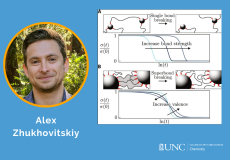Department News

Chemistry Ph.D. graduate Lindsey James is developing chemical tools to study how cells decide which genes to use, when to use them and when to keep them silent.
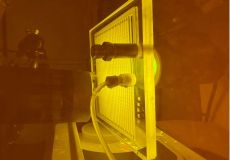
A paper in the journal Chemical Science shows how researchers have found a powerful new way to rearrange chemical bonds using light.
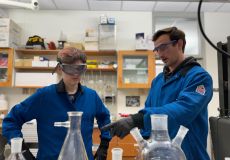
The UNC team asked whether salicylaldehydes could be used to set a molecule’s shape early on and then carry that information through later steps.
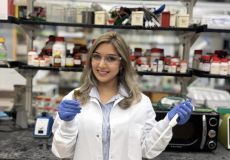
Saba Mahmoodpour is the lead author of a recent Journal of Physical Chemistry paper, which focuses on a powerful new technique called nonlinear photocurrent spectroscopy, or NLPC, which uses pairs of short laser pulses to measure how quickly electrical charges move inside thin-film solar cells.

Ph.D. student Kelvin Idanwekhai is using machine learning to transform how viruses—the microscopic couriers of genetic medicine—are purified, making the process faster, cheaper and more precise.
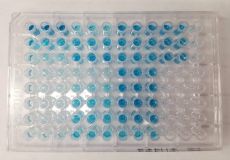
A team of researchers led by Netz Arroyoa asked themselves whether they could turn antibody testing into something as easy and affordable as checking a person's blood sugar.
Research
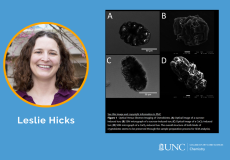
Herein, an approach for discriminating between tardigrade morphological states is developed and utilized to compare sucrose- and CaCl2-induced tuns, using the model species Hypsibius exemplaris.
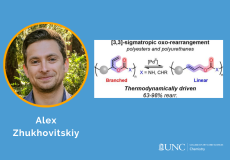
Herein, we disclose a backbone rearrangement approach to tune the short-chain branching of polymers.
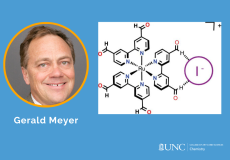
A new homoleptic Ru polypyridyl complex bearing two aldehyde groups on each bipyridine ligand, [Ru(dab)3](PF6)2, where dab is 4,4′-dicarbaldehyde-2,2′-bipyridine, was synthesized, characterized, and utilized for iodide photo-oxidation studies.
Connect





